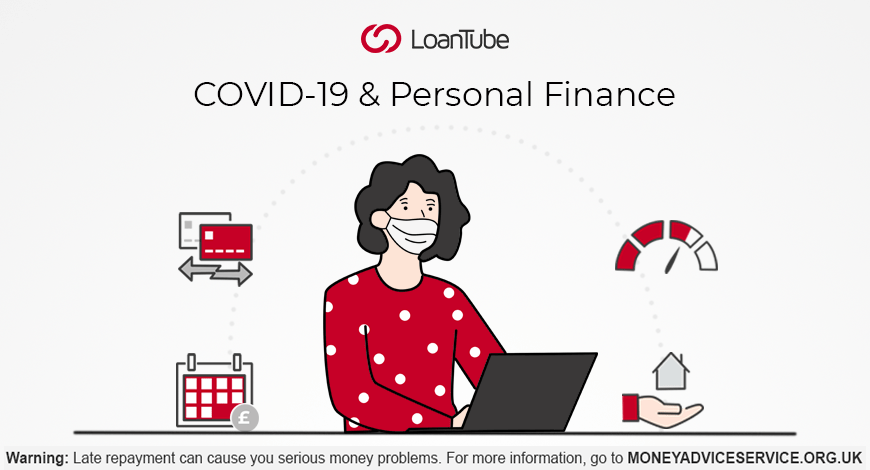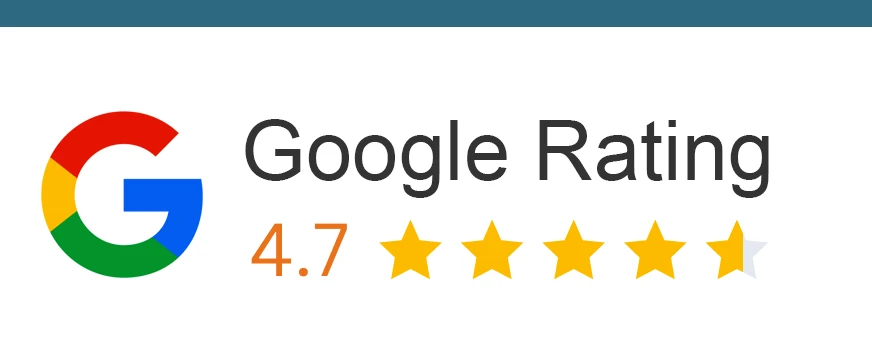This novel strain of the virus, named, COVID-19 (coronavirus) has impacted millions of lives across the planet. Not only does it impact the physical lives, but it is also affecting the financial lives as well. Families across the globe are facing a crisis. Here’s how you can manage your finances during such difficult times and understand the economic stimulus relief offered by the Government.
Britons are increasingly feeling the impact of Coronavirus on their day to day lives and also in their financial well-being. Suddenly, the entire planet sat and worked from home that is resulting in huge loss. The economy of developed countries is at the brink and can collapse. But the consequences of an outbreak are not distributed equally throughout the economy. While some sectors may gain potential benefits from such pandemics, others may suffer. However, organizations are working towards fostering global monetary cooperation. Government has also stepped forward by extending their helping hand to provide some relief to the people who are struggling with their finances.
In this guide, we will discuss:
- How COVID-19 has affected the UK?
- Initiatives taken by the government to combat it
- Personal loans, overdrafts, and debt – what to do about it?
- Tips to manage your finances
Maximise your options: Compare and apply for loans below with LoanTube
Apply Filters
How COVID-19 has Affected the United Kingdom?
Health care and pharmaceutical sectors are doing well whereas the other sectors in the economy are hard hit. Due to the sudden disruption by COVID-19, consumer spending has bent lower and according to the forecasts by KPMG, the GDP of the UK will decline by 2.6% in the year 2020.
- COVID-19 & Energy Consumption in the UK
The major part of energy consumption is covered by businesses that have shut down their businesses amidst the widespread pandemic. This led to a steep in the consumption – to 85% of normal levels – affecting the energy sector. The weather led to another drop in seasonal demand. However, this has drop has been recovered as half of the population staying at home.
- COVID-19 & Travel in the UK
The Government on 16th March has advised the public to stop all non-essential contacts and also to put a halt on any unnecessary travel. The percentage of road travel has nosedived by as much as 73% and also the number of buses is reduced by 60%. Lorries are only transporting essentials as of now leading to a reduction of 40%. While all of this has led to a sharp improvement in air quality as the pollution levels have dropped.
- COVID-19 & Personal Loans/Overdrafts in the UK
In these difficult times, the worst affected area of our life is – finances. Lack of financial resilience may create trouble for you in the future. Therefore, you must manage it carefully. Lenders who offer personal loans may have to be extra cautious with your loan application if you have a bad credit score already. Apply for a loan only if you can afford all the repayments.
Initiatives Taken by the Government to Combat the Slump
To combat the effects of the outbreak on various industries, the government in the UK has outlined an action plan. Intending to address the rising issues and concerns of the majority of employees, the UK government has:
- Offered access to government-backed funding of up to £5mn to small and medium-sized enterprises who have an annual turnover of up to £45mn if they are experiencing problems with their cash flow.
- Proposed that businesses falling into the category of retail, leisure, and hospitality in England are exempt from paying business rates for the 2020-2021 tax year.
- Taken a strong step to safeguard jobs. All the employers in the UK who have a PAYE scheme can access the government grants to keep paying some part of the salaries of their employees to decrease the unemployment rate.
- Directed that income tax payment for self-employed individuals due on 31 July 2020 under the Self Assessment system may be deferred to 31 January 2021.
- Under the Self-Employment Income Support Scheme (SEISS), self-employed individuals or members of partnership can claim a taxable grant that is worth 80% of their average monthly profit for the last 3 tax years.
- Offered help to the renters and no renter can be forced to leave their place either social or private. Landlords will have to give a 3 months’ notice to the renter if they want their tenants to vacate their place.
Personal Loans, Overdrafts, and Debt – What to do about it?
- The Financial Conduct Authority has put forward a lot of measures to protect people financially during this pandemic. The financial watchdog has recently announced to freeze payments for credit cards and personal loans for 3 months. Given the national emergency, consumers can benefit from the existing relief measures to safeguard their finances.
- It is a temporary freeze to provide relief to people who are struggling with their finances as a result of the spread of coronavirus. The FCA asked the banks in September 2018 to identify their “at-risk” customers. The idea was to get the capital sum they owed as they were only making minimum payments. Thousands of UK residents who were in persistent debt were at the risk of losing their credit card accounts. However, the regulator has recently announced that the new affordability rules will not lead to the suspension of the accounts due to the current state.
- Some lenders such as – Barclays, Lloyds, and HSBC announced to reduce interest charges on “arranged” overdrafts up to £500. There is also some provision for customers who have “unauthorized” drafts. To normalize, some banks have started charging a single rate of interest that is 39.9% for both authorized and unauthorized overdrafts. Credit card companies and banks have to ensure that the credit ratings of the customers are unaffected.
Tips to Manage your Finances
It is no doubt that coronavirus is crippling economies all around the world. However, our government are working tirelessly to help fight financial shock. The COVID-19 outbreak has been the cause of distress on various levels, globally. People are concerned about the health and well-being of their family, but what worries them more, is keeping up with the financial stress that comes as an impact of this outbreak, especially if the situation goes beyond control. As you spend your time in self-isolation, there are a few things you should do about your money for smoothly managing your finances.
Here are a few tips that may help you to tackle the current economic condition in the UK:
3-Month Mortgage Payment Holiday
- According to the Which?, more than 1.2 million homeowners have applied for the 3-month mortgage payment holiday since March 17. If you are a homeowner and you are considering to apply for this you need to be up to date with your mortgage payments, even if you are buy-to-let landlords. Ensure that your tenants also get benefitted from this.
- If you do not have any financial concerns, then it is wise to keep paying the mortgage rather than taking the payment holiday. A payment holiday put a pause on your repayments, but the interest rates will continue to be levied. That means it may cost you both your time and money to clear your mortgage payment.
- Contact your lender or bank to discuss your condition in detail before making any financial decision.
Renew your Home & Car Insurance
- The lockdown has left thousands of us confused. Now that we stay at home and do not go out until it’s a necessity – we have started thinking not to renew the car insurance. On the off chance that your insurance is up for resumption in the upcoming months, search for a less expensive arrangement – don’t be enticed to manage without it. Mortgage lenders, for the most part, need buildings insurance to be set up to secure the fundamental asset.
- Car insurance is a lawful prerequisite, so that is an absolute necessity for anybody who owns a car or other vehicles. If you choose to take your vehicle off the road to set aside some cash, despite everything, you’ll still need to ensure it except if you get a Statutory Off Road Notice (SORN) from the DVLA. This happens to be the case, even your vehicle is parked on the driveway.
Prioritize your Expenses
- Given the current circumstances, you should only spend money on your “needs” and not on your wants. Some of the important expenses that you cannot avoid are housing, medicines, food, insurance, etc. Make a list of all the things that are essential for you and pay only for those products or services. Suppose, you already have an expensive data plan, and you hardly get time to watch the television. Then consider unsubscribing them as it is an unnecessary burden. You need to be choosy about the areas to be addressed. Do not panic and sit tight at home. Pay for what is necessary and cut down the unnecessary expenses as it will help your financial condition.
- An emergency does not warn you before knocking on your doorstep. It is imperative that in times of crisis, you take all the necessary steps to keep up with the finances. Our officials are taking every possible step to mitigate the loss and hence, you should not panic at all. Stay home, stay safe, and break the chain by not stepping out unless it’s an “emergency”. As the entire planet is fighting against the virus, we have got all the time to streamline our finances. Treat this as an opportunity and create a financial calendar so that it will get easier for you to cope up with a financial shock.


